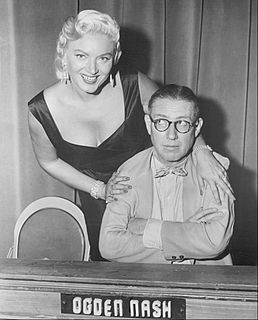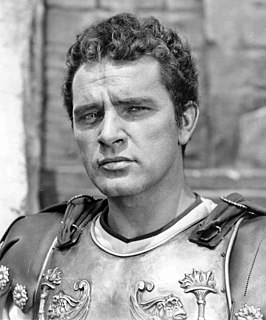A Quote by Boris Pasternak
Related Quotes
One of the surest tests of the superiority or inferiority of a poet is the way in which a poet borrows. Immature poets imitate mature poets steal bad poets deface what they take and good poets make it into something better or at least something different. The good poet welds his theft into a whole of feeling which is unique utterly different than that from which it is torn the bad poet throws it into something which has no cohesion. A good poet will usually borrow from authors remote in time or alien in language or diverse in interest.
The fact that I'm a woman is as important to my work as a poet as the fact that Ahmad Sh?mlu was a man was important to his work as a poet. Basically, gender shouldn't be viewed as an advantage in art. If a poem or a piece of writing is good, what difference does it make whether it's by a woman or a man? And, if it's bad, why should its writer's gender make it good?
When it comes to partisan politics, everyone is a hypocrite. And all they care about is whether it hurts or helps them ... Is it good or bad for the Democrats? Is it good or bad for the Republicans? Is it good or bad for Jews, or good or bad for blacks, or is it good or bad for women? Is it good or bad for men? Is it good or bad for gays? That's the way people think about issues today. There is very little discussion of enduring principles.
A successful poem says what a poet wants to say, and more, with particular finality. The remarks he makes about his poems are incidental when the poem is good, or embarrassing or absurd when it is bad and he is not permitted to say how the good poem is good, and may never know how the bad poem is bad. It is better to write about other people's poetry.
A good traveler has no fixed plans and is not intent upon arriving. A good artist lets his intuition lead him wherever it wants. A good scientist has freed himself of concepts and keeps his mind open to what is. Thus the Master is available to all people and doesn't reject anyone. He is ready to use all situations and doesn't waste anything. This is called embodying the light. What is a good man but a bad man's teacher? What is a bad man but a good man's job? If you don't understand this, you will get lost, however intelligent you are. It is the great secret.




































